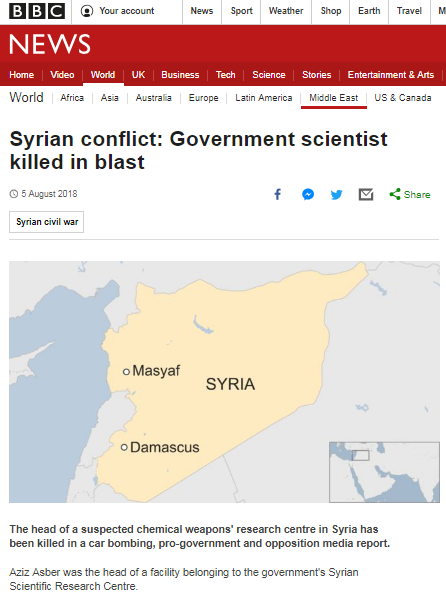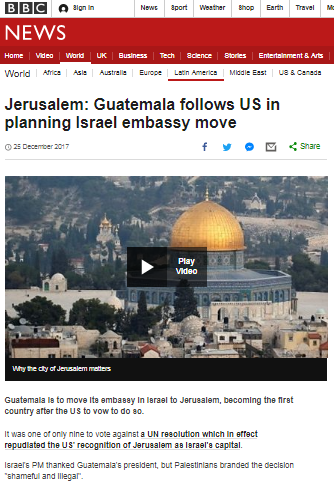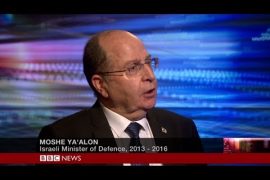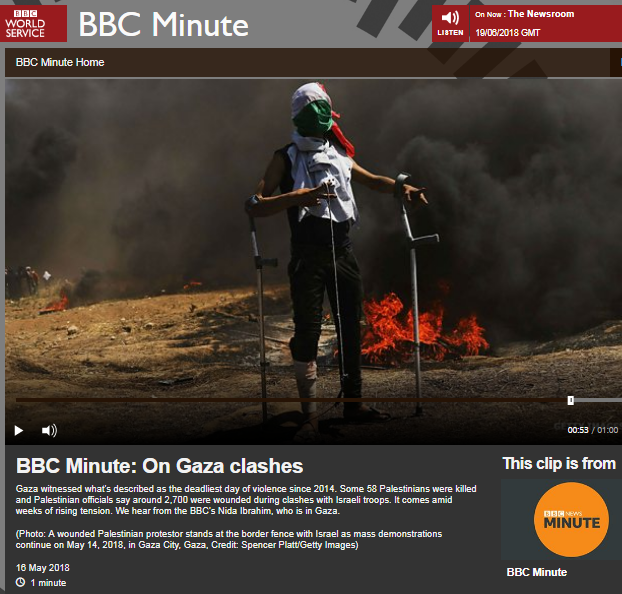Both before and after the US administration announced on January 16th that it would be withholding part of its donation to the UN Relief and Works Agency (UNRWA) the BBC produced numerous reports on that story (see some in ‘related articles’ below), many of which included promotion of the UN agency’s PR messaging.
However, none of those reports provided the BBC’s funding public with background information concerning the multiple issues that have made UNRWA so controversial or any in-depth examination of the agency’s purpose, its agenda, its record or its efficiency.
On June 13th the BBC World Service radio programme ‘Newshour‘ returned to that topic with a report by BBC North America’s New York and UN reporter Nada Tawfik that made absolutely no effort to provide listeners with a balanced view of the story and was in fact little more than an exercise in free PR for UNRWA and its spin-off non-profit organisation.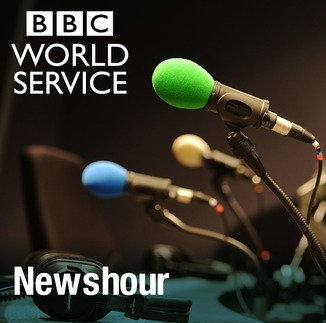
Presenter James Menendez began (from 38:10 here) with context-free presentation of a biased UN GA resolution – proposed by Algeria and Turkey – that made no mention of Hamas terrorism. He continued with an equally partisan portrayal of the violent rioting and attacks on the Gaza border since March 30th, failing to inform listeners that over 80% of those killed have been linked to terror groups.
Menendez then promoted the inaccurate claim that Gaza’s chronic electricity problems are the result of “years of conflict” when in fact – as the BBC well knows – they are entirely rooted in inter-factional Palestinian rivalries. [emphasis in italics in the original]
Menedez: “Now the UN General Assembly is expected to hold an emergency meeting on the situation in Gaza later today and vote on a resolution calling for better protection for the 2 million Palestinians who live there. That’s after last month’s clashes with Israeli forces which left a hundred people dead and many more injured. Years of conflict have left Gaza in ruins. Infrastructure’s crumbling, the economy’s paralysed and basic supplies such as electricity are in crisis. Despite this the United States has cut off vital funding to the UN’s agency for Palestinian refugees: UNRWA. But as Nada Tawfik reports, across the US American citizens are now filling the void.”
Listeners then heard a recording from an event that took place on June 5th in New York – which Tawfik apparently attended – in which once again the topic of electricity was raised without BBC audiences being given any factual background information on that issue.
Woman’s voice: “The lights go out like this all the time. Electricity is scarce here. Many times we eat in complete darkness just like we’re doing right now.”
Tawfik: “To imagine the life of Palestinian refugees in Gaza the lights are turned down and just one lantern shines at Casa la Femme restaurant in New York. In the dim room those picked out from the crowd of 200 read out powerful accounts from refugees.”
Woman’s voice: “My husband, our two small children and I live in one room together. The bathroom serves as the toilet, the shower, the sink for bathing, cleaning and even cooking.”
Tawfik: “This iftar, or meal, is just one of 50 dinners being held across the country by the charity UNRWA-USA during the Muslim holy month of Ramadan to feed refugee families in Gaza. And it comes at a critical time; just as a key life-line for these refugees is under threat.”
Man’s voice: “We could run out of money for that food in Gaza in one month.”
Tawfik: “Peter Mulrean is the New York director of UNRWA – the UN’s relief and works agency for Palestinian refugees. It provides critical services such as food, health care and education. He says the agency now faces an existential crisis after the United States – its top donor – suddenly withheld $300 million in funds. I asked if he was concerned that this decision by the Trump administration was politically motivated.”
Notably, Tawfik’s presentation of the figure $300 million is based on what the UN claimed it was expecting the US contribution to be rather than the sum actually withheld.
Listeners then heard Peter Mulrean – a representative of a blatantly politicised campaigning UN agency – opine on “neutrality”.
Mulrean: “We’re very concerned about the fact that that appears to be the case. One of the clear humanitarian principles is the question of neutrality: that you base your decisions on humanitarian assistance solely on the need of those who are out there. And if that’s not the case, then this is a terrible precedent that the US is setting. A country that used to be one of the leaders of humanitarian policy turning in a different direction.”
Tawfik: “That was also a worry of many others in attendance such as Abigail Metzger and Megan Burn [phonetic] who do not agree with their government’s decision.”
Tawfik did not clarify whether or not the Abigail Metzger whose opinions she chose to promote is the Pax Christi member of the same name.
Woman 1: “It is just unbelievable that our government would…would even think to renege on a commitment. I feel like we have been, you know, told that we have to make a choice and we don’t have to make a choice. We can support the Palestinian struggle without abandoning our alliance and full support of Israel.”
Woman 2: “Especially in the current political climate people get very ensconced in their own biases and sort of forget to think about the day-to-day lives of human beings.”
Woman’s voice: “Just $150 can feed a refugee family of six for an entire summer.”
Tawfik: “This one iftar will raise $50,000 for UNRWA’s food assistance programme and a global fundraising campaign has brought in new funding. Still, it’s unlikely that the agency will be able to overcome its current deficit without the United States. In the long term though, UNRWA hopes these events and crowdfunding will help field financial and public support and that’s something Abby Smardon who is the executive director of the charity UNRWA-USA says she’s already seeing.”
Listeners heard nothing of that UNRWA spin-off charity’s political agenda (and record) before Smardon was given the unchallenged stage.
Smardon: “Now with things like social media and having the ability to actually see the situation in real time with a more unfiltered view, people are starting across the United States to see this issue very differently than they once did and they’re starting to understand that Palestine and support of Palestinian refugees is a social justice issue and so I can tell you that, you know, countless new supporters that we have that have no personal connection to the issue of Palestine or Palestinian refugees but they care about social justice and they care about human rights.”
Having carefully avoided inconvenient topics such as Hamas and its terrorism all the way through her report, Tawfik closed the item by erasing the Gaza blockade imposed by Egypt because of that terrorism from audience view.
Tawfik: “The people of Gaza have endured multiple conflicts and an eleven-year blockade by Israel. The risk is that the US decision will only add to their misery.”
To be honest, it is difficult to imagine how this report could be more unhelpful to BBC audiences trying to understand either the situation in the Gaza Strip, the reasons behind the US decision to withhold part of its voluntary funding of UNRWA or the role and record of UNRWA itself.
Obviously though, this blatantly one-sided and context-free item (which was repeated in the evening edition of ‘Newshour’ on the same day – from 39:44 here) was not intended to meet the BBC’s public purpose remit of enhancing audience understanding. Rather, it was just yet another blatantly transparent exercise in the provision of free PR to UNRWA.
Related Articles:
BBC WS listeners get a homogeneous view of US aid to Palestinians – part one
BBC WS listeners get a homogeneous view of US aid to Palestinians – part two
BBC News report on UNRWA funding story omits relevant background
BBC WS Newsday coverage of UNRWA aid story – part one
BBC WS Newsday coverage of UNRWA aid story – part two
Falsehoods go uncontested on BBC World Service – part one
Falsehoods go uncontested on BBC World Service – part two
BBC’s Yolande Knell amplifies UNRWA’s PR campaign
BBC WS facilitates UNRWA PR yet again – part one
BBC WS facilitates UNRWA PR again – part two

